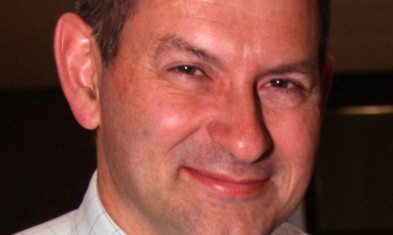A Dundee University professor has warned that thousands of women will die unless action is taken to fill critical gaps in breast cancer research.
Professor Alastair Thompson has co-authored research for the Breast Cancer Campaign that identifies what needs to be done to prevent and cure the disease.
Breast cancer is the most common cancer in the UK, with around 50,000 women diagnosed each year.
It is the second biggest cause of death from cancer in women, with around 12,000 losing their lives from the disease annually.
The death toll between now and 2030 could be 185,000. The Gap Analysis 2013 sets out 10 areas that need more research and collaboration.
These include understanding how genetic changes lead to the development of the disease, finding better ways to identify who is at most at risk and promoting lifestyle changes that can cut that risk.
Professor Thompson and co-author Professor Sue Eccles, of the Institute of Cancer Research in London, also want more work done to understand the processes that allow tumours to grow and to become resistant to treatment, to develop tests to predict who will best respond to chemotherapy and radiotherapy, and to understand how to use combinations of drugs to tailor treatment to each patient.
Professor Thompson said: “The impact of the Gap Analysis could be immediate as it gives us scientific rationale to change clinical practice.
“For example, currently, metastatic disease is not biopsied in order to tailor treatment, but this could change the way one in six women are treated and provide hope to women with secondary breast cancer, with limited treatment options.”
Commenting on the publication, James Jopling, Breakthrough Breast Cancer’s director of Scotland, said: “There is still so much work to be done in the fight against breast cancer and research will rightly be at the heart of this work.
“With the right funding for charities such as Breakthrough Breast Cancer and Breast Cancer Campaign, it’s a case of when, not if we beat this disease stopping women from getting it, and stopping women from dying from it.”
See Wednesday’s Courier for an interview with Professor Thompson about his research plans for Dundee.
